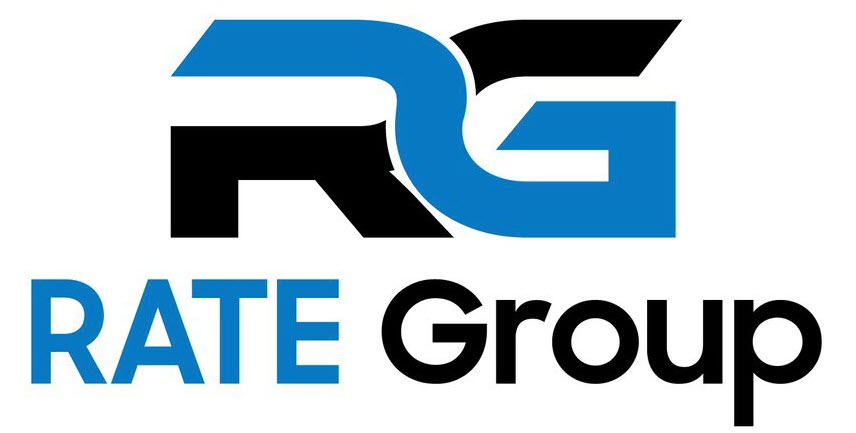
06 Oct Research Claims EOS Network Can Freeze, Block.one Denies Any Errors
[ad_1]
Within the past few weeks, EOS blockchain protocol users have been experiencing periodic problems with network access. A recent article written by pseudonymous smart-contract developer and security engineer Dexaran described the apparent root of the problem: an inexpensive technique that allows hackers to “congest” the network — or put it into a low-efficiency mode — with just a few dollar’s worth of EOS.
Seemingly, that exploit allowed a hacker to steal more than $110,000 in cryptocurrency from an EOS gambling application, EOSPlay, earlier in September. However, executives of EOS’s parent firm, Block.one, are not fazed, arguing that the network is operating “correctly.”
EOS basics: Governance, staking and congestion mode
EOS.io is a blockchain-powered smart-contract protocol for the development and hosting of decentralized applications (DApps). It employs a consensus model called delegated proof-of-stake (DPoS) and is governed in accordance with the EOS User…
[ad_2]
Source link

